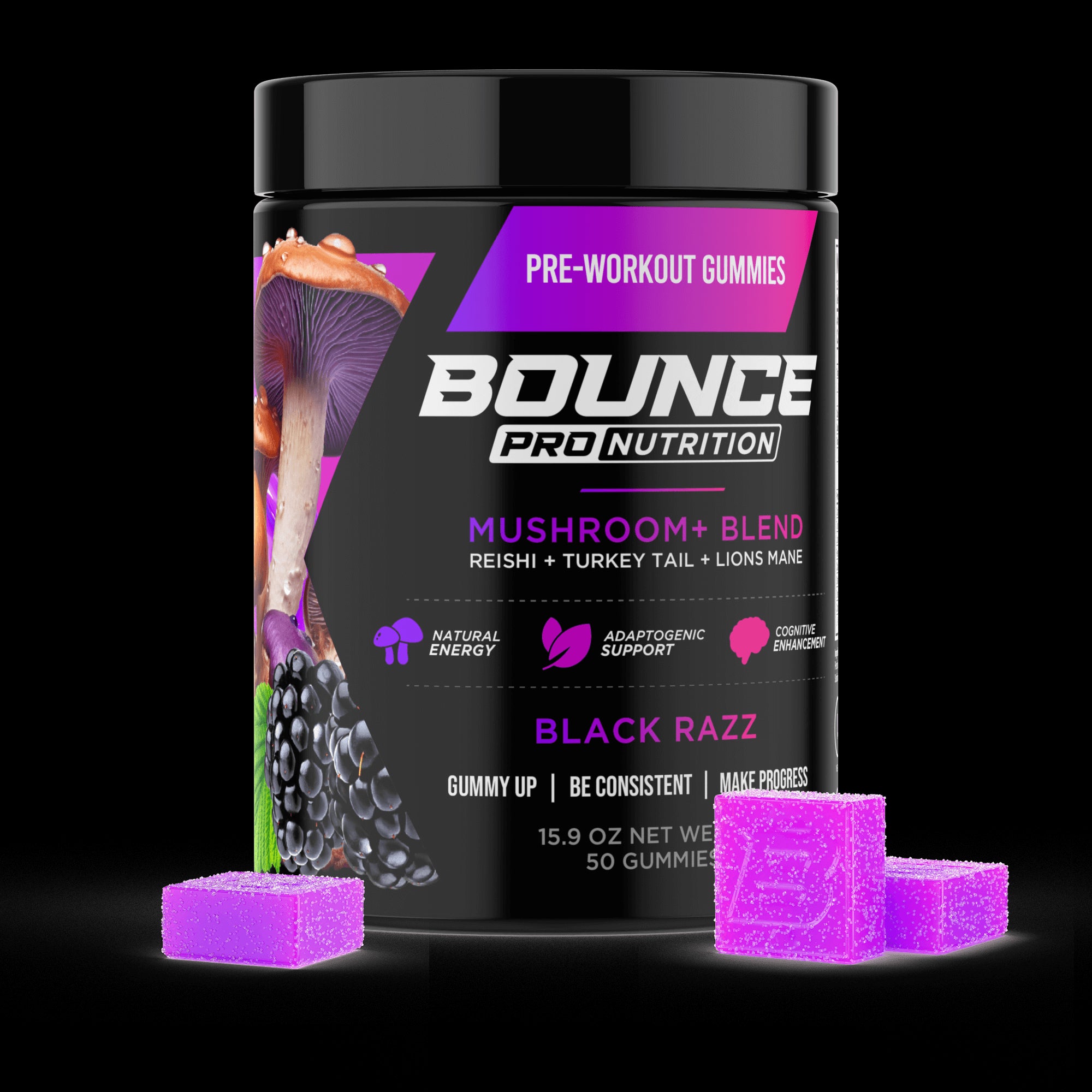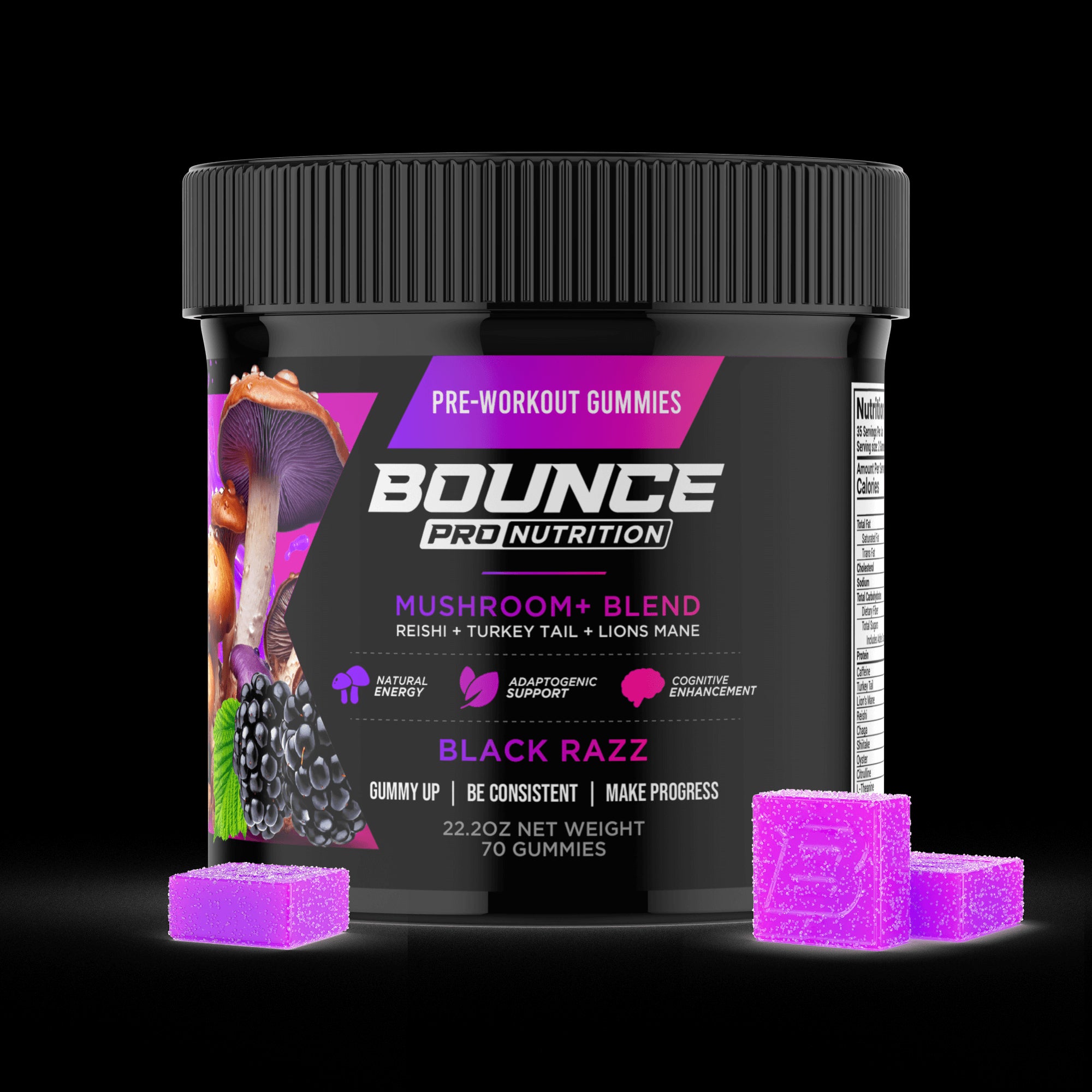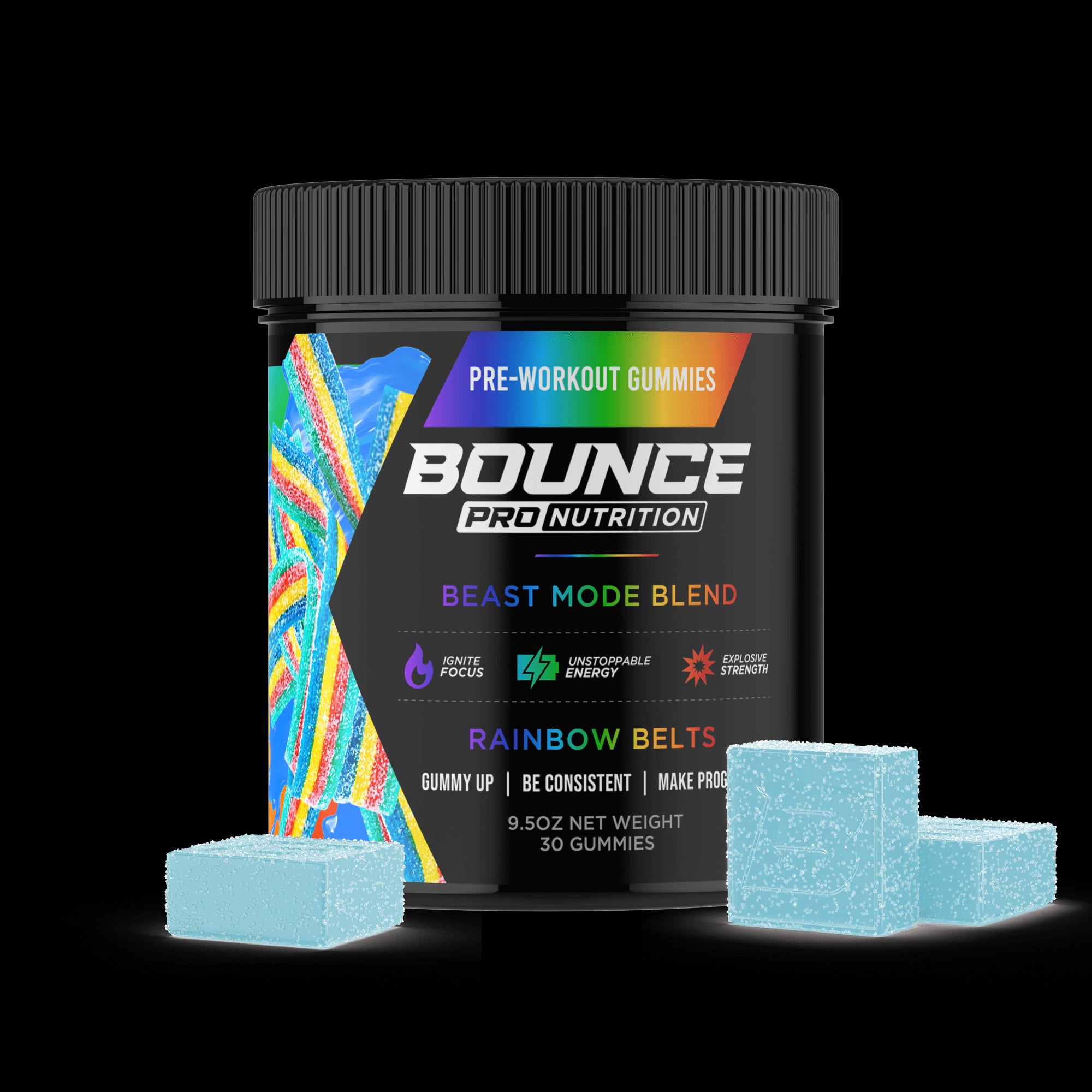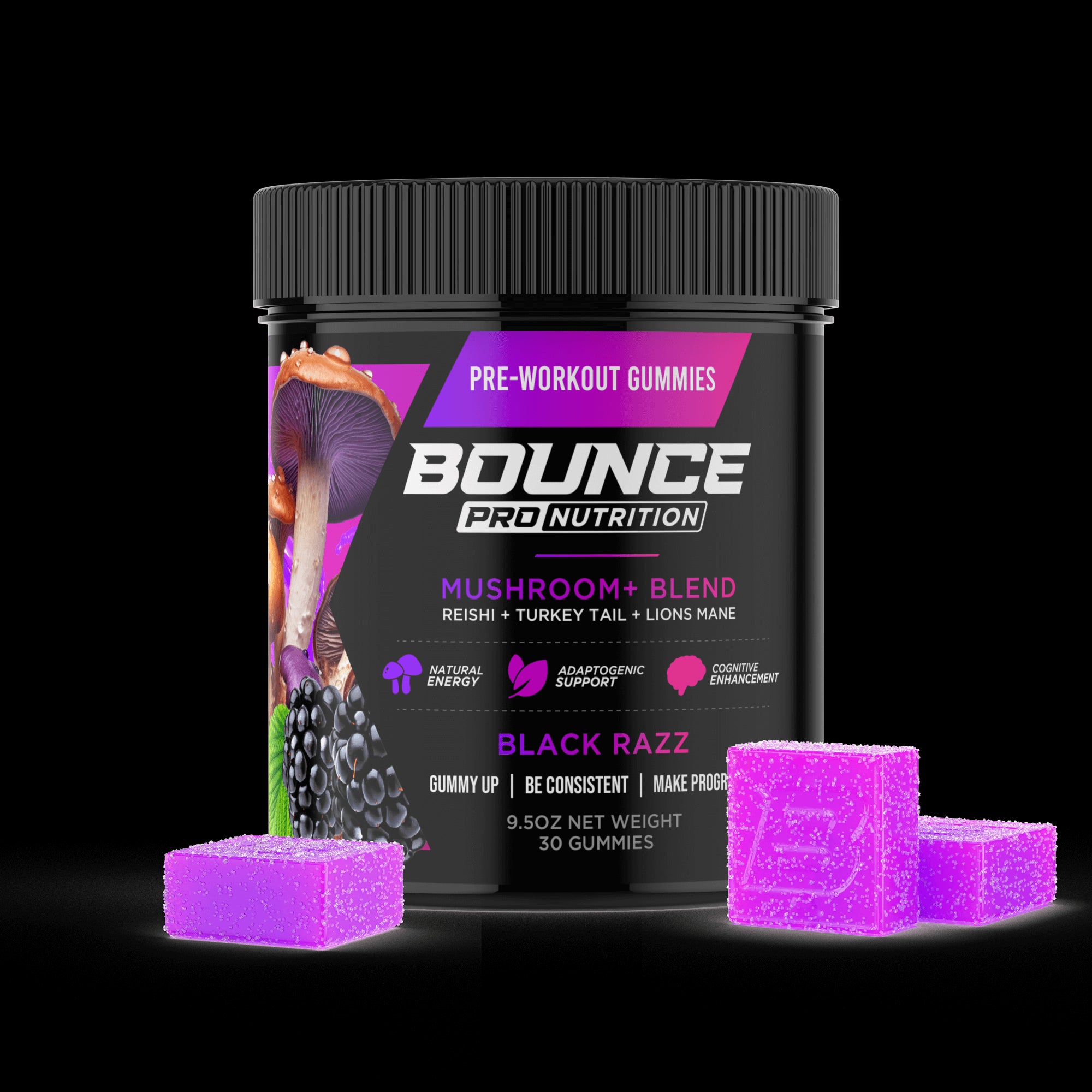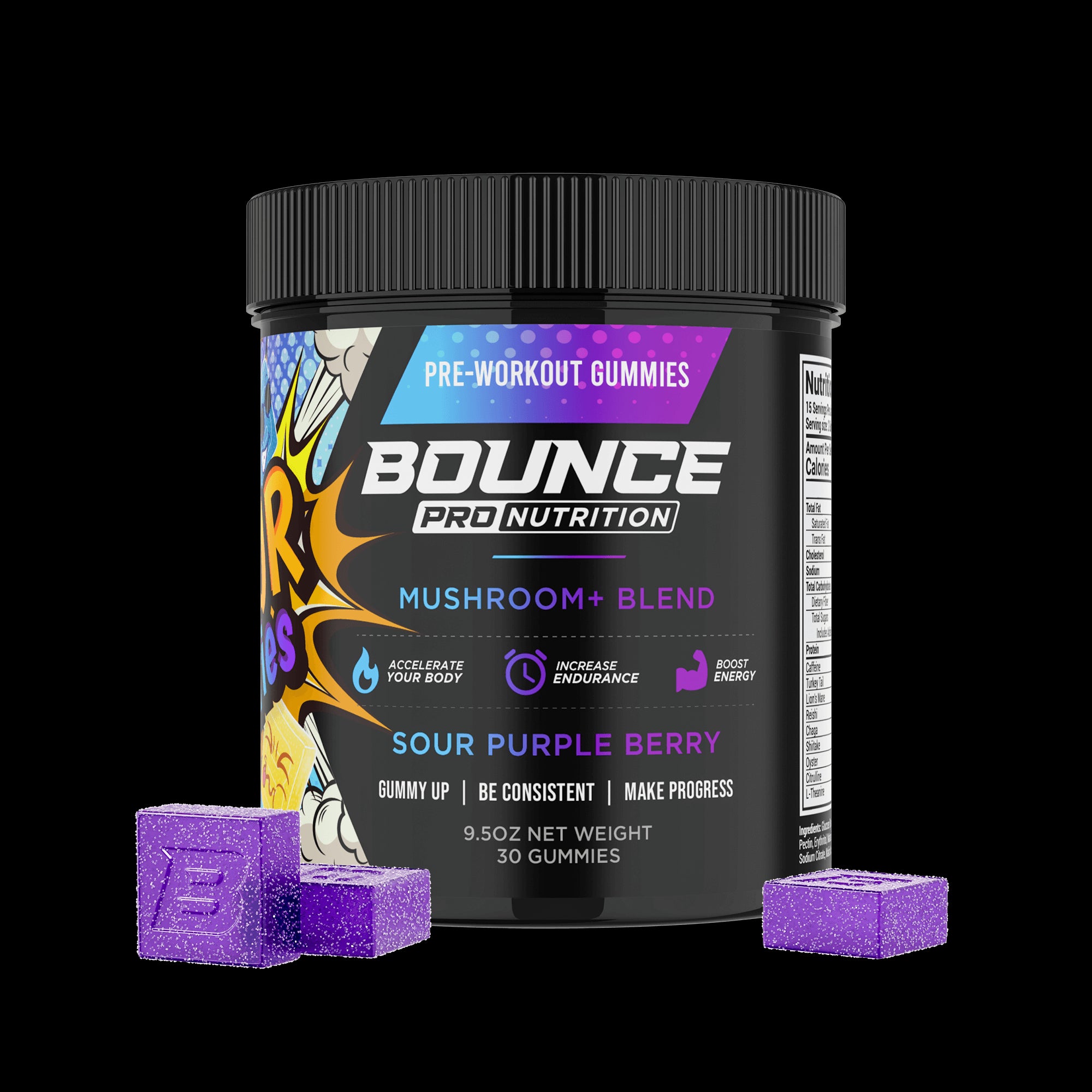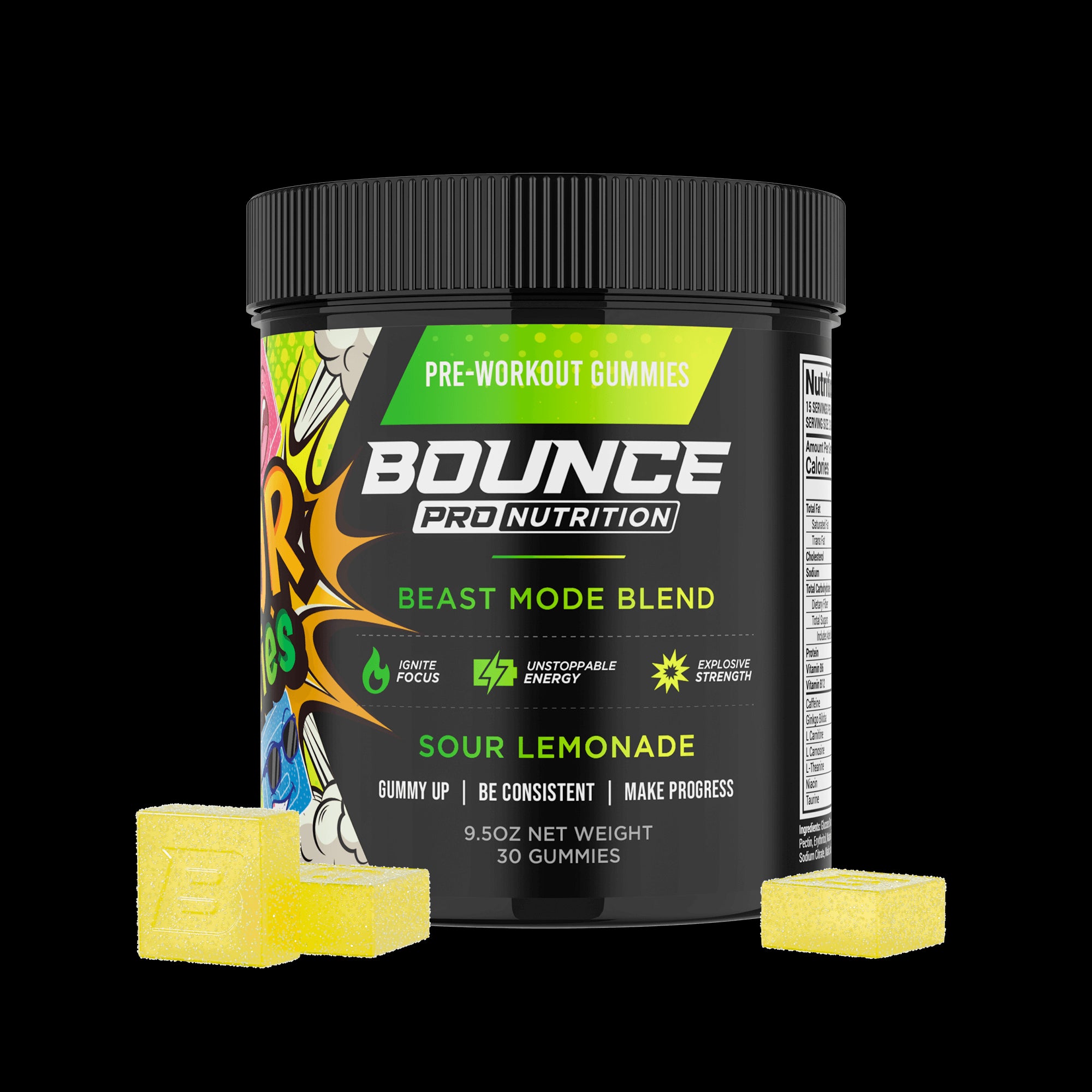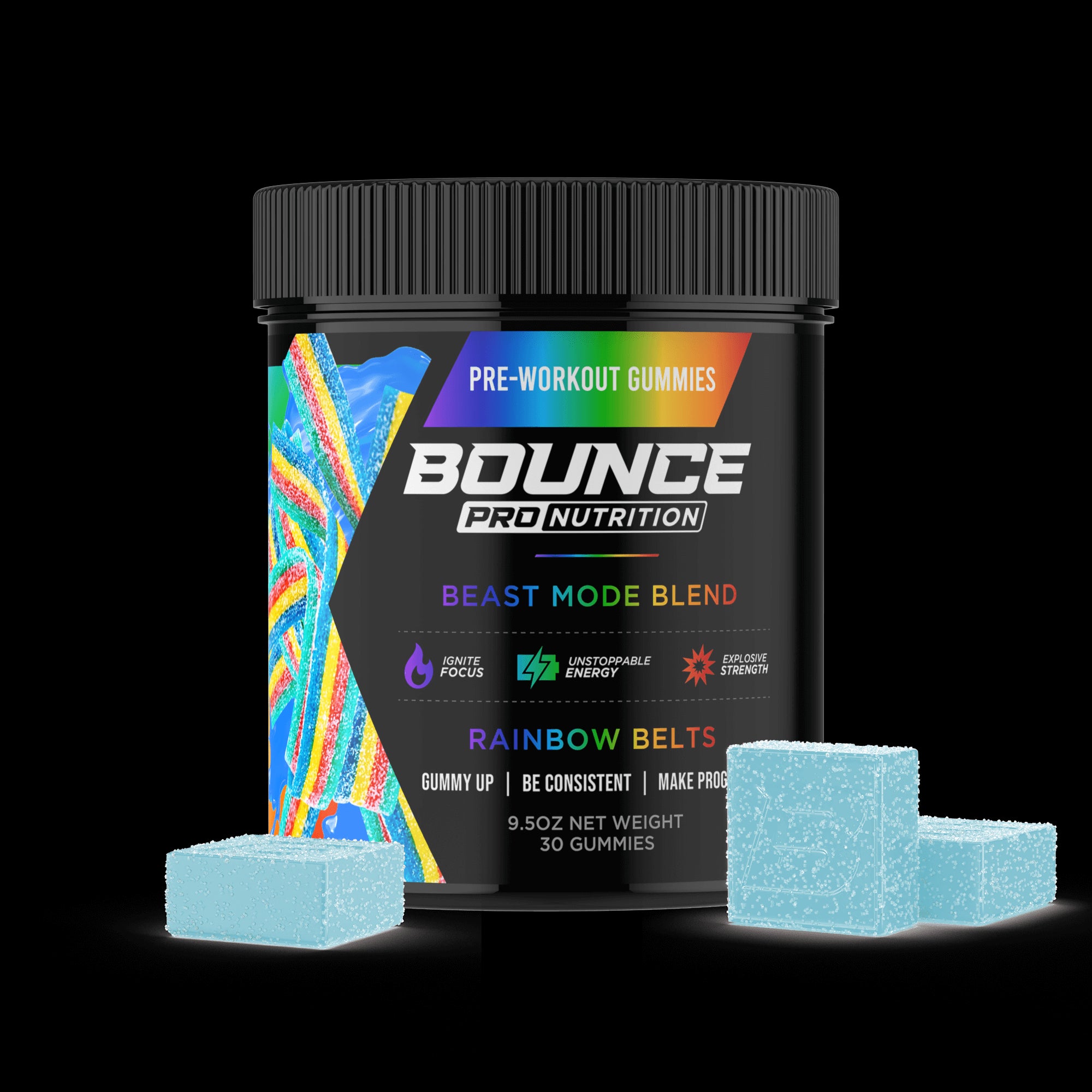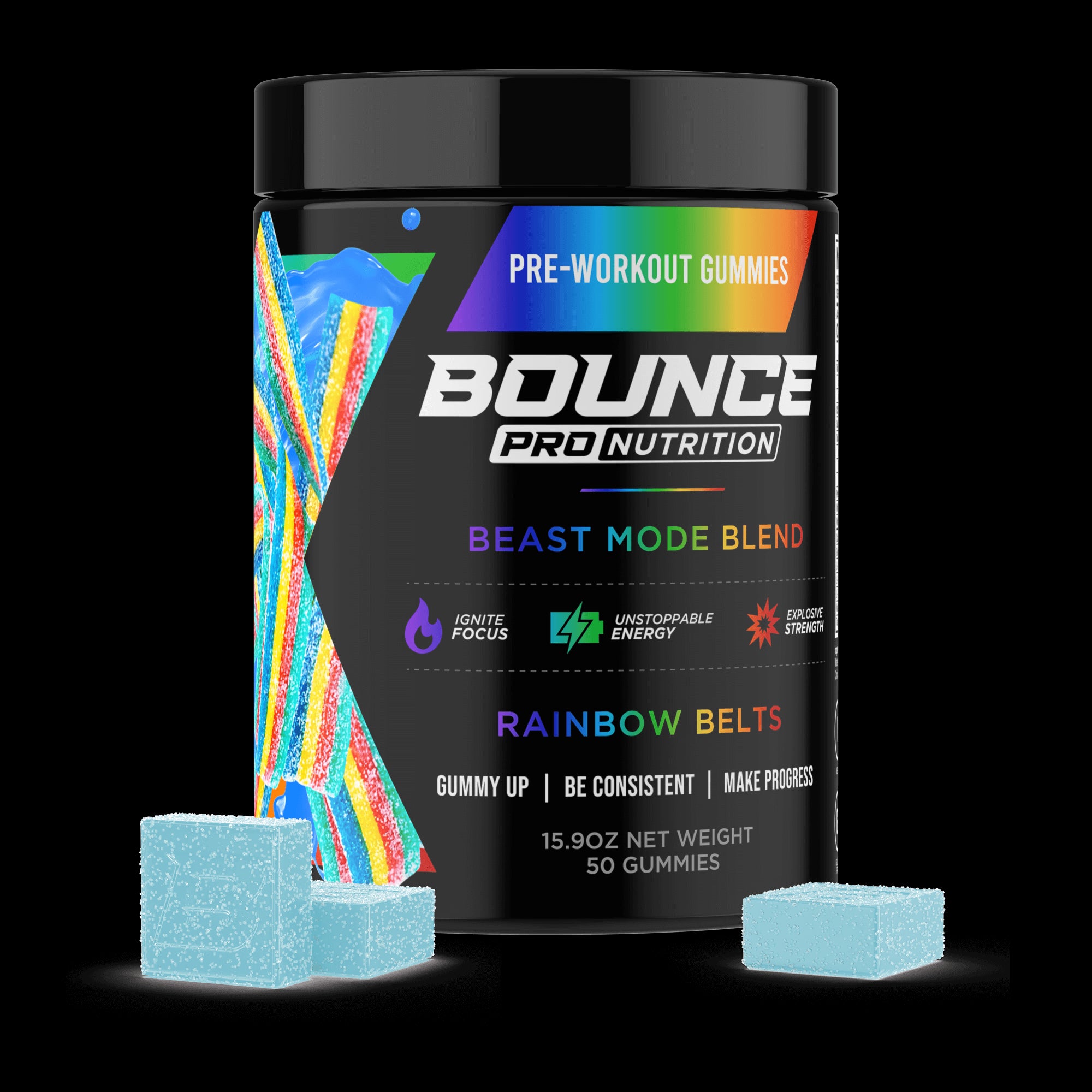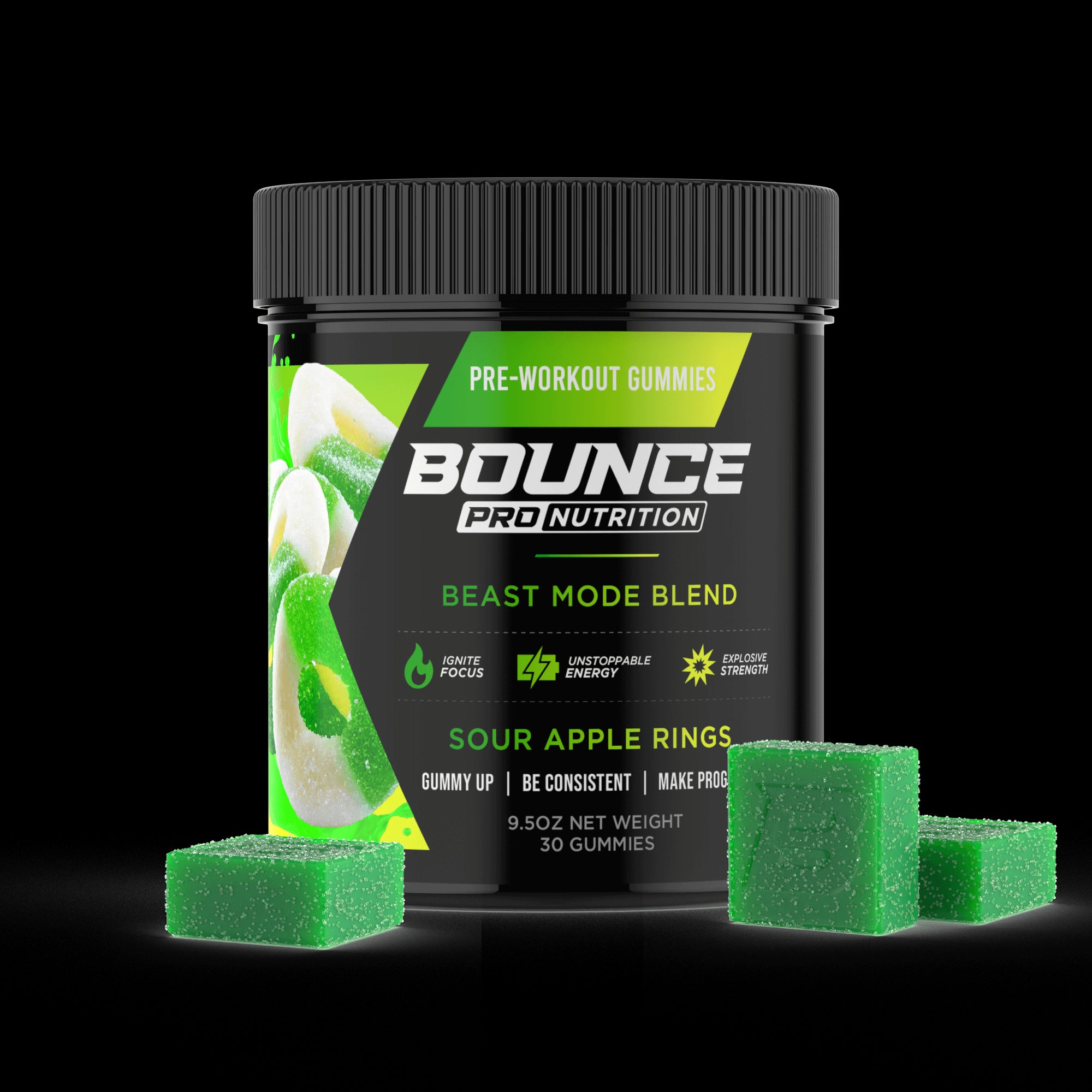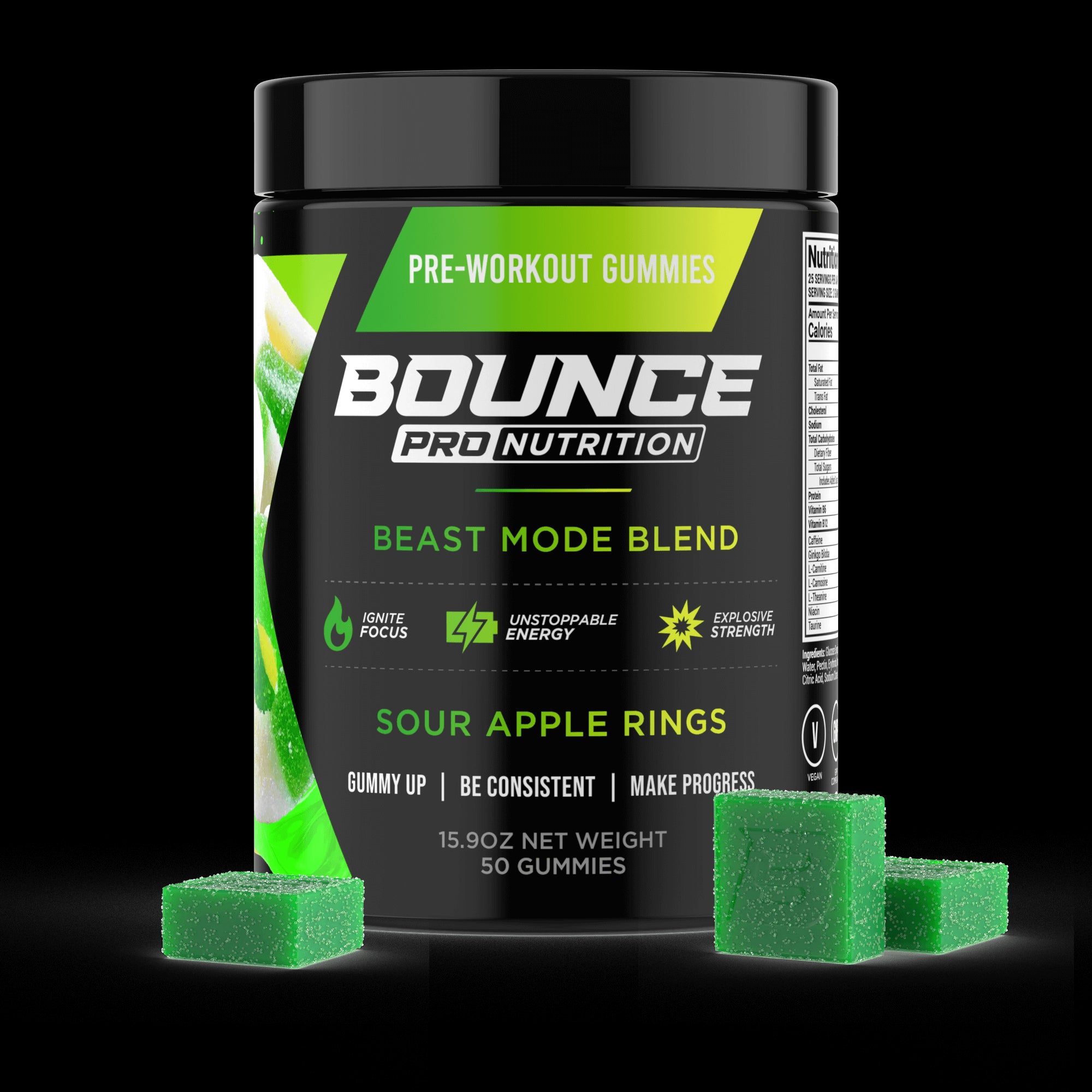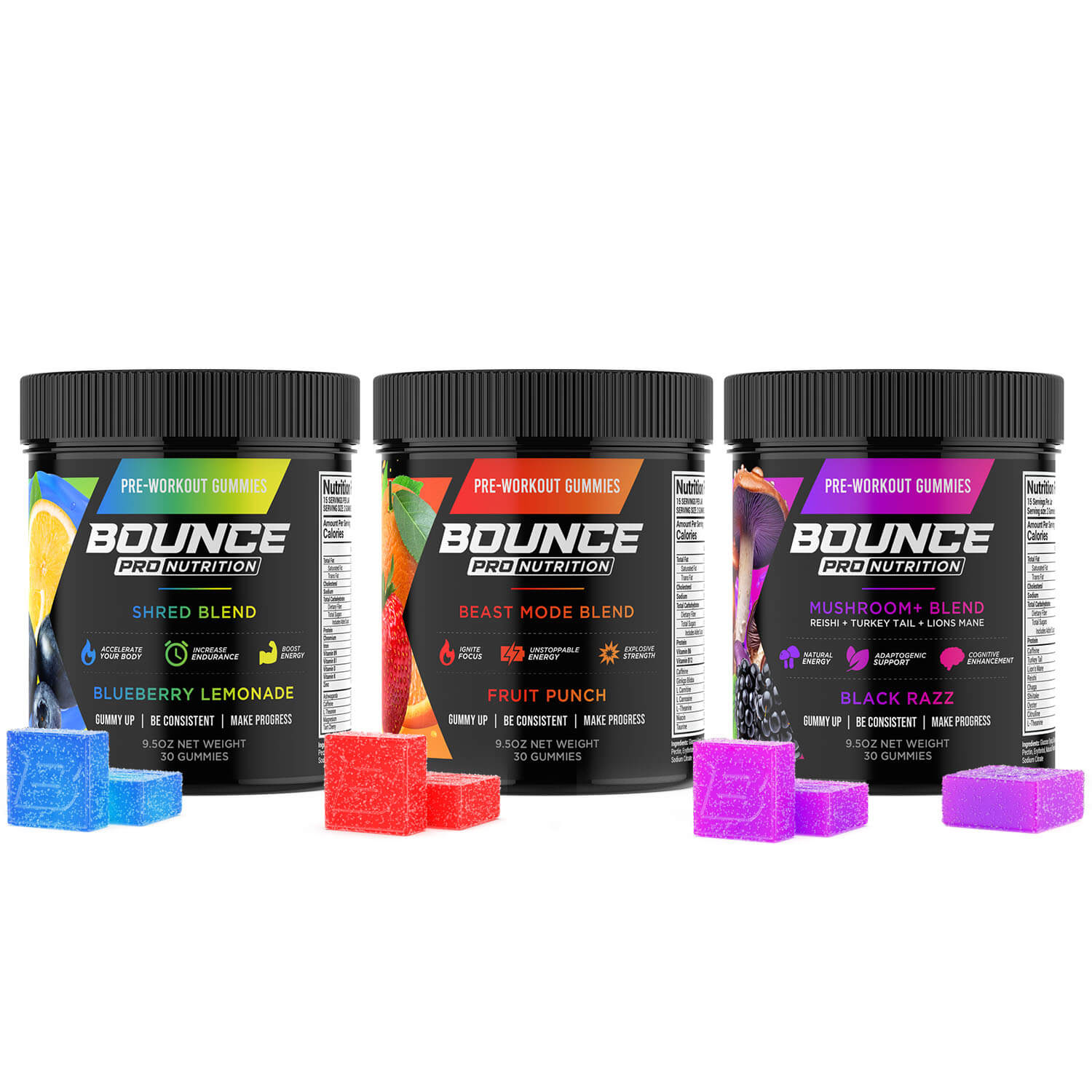Creatine gummies are incredibly popular right now, especially among fitness enthusiasts looking to build muscle and enhance their endurance. They can be taken daily to help you reach your workout goals, and offer an all-natural approach to performance enhancement, as creatine is a natural amino acid that’s found in many animal proteins – not to mention, produced in the body, mainly in the liver.
Creatine is largely regarded as safe for supplemental purposes. However, if you’re on medications, you need to consider the risk of interaction. There are, in fact, a number of nutritional supplements that do interact with certain medications, and obviously, taking your creatine safely is paramount.
TO BUY CREATINE GUMMIES CLICK HERE
What is a Creatine Gummy?
Creatine, like we said, is a naturally occurring amino acid that can be produced in the liver, pancreas, and kidneys of the body, and is stored in the cells of muscle tissue. It plays a critical role in the functions of the muscles, aiding in their strength and their ability to grow. Creatine also draws water into the muscles, and this can make the muscles look larger. Besides that, it can increase stamina and endurance, which allows people to get more accomplished during their workout sessions.
People typically take creatine gummies shortly before working out, to get those performance-enhancing benefits, but may take them after working out as well, for benefits related to muscle recovery.
Is it Dangerous to Take Creatine Gummies When on Medications?
In general, creatine is viewed as a safe supplement to take daily, in amounts generally recommended on the product label. That being said, there are no known interactions between creatine supplements and medications, so that’s good news. Because creatine already exists in the body, that gives us a good idea that overall, the amino acid can exist in the body safely if you are on medications.
Creatine is stored in the muscles, unlike most medications, so that has a lot to do with why it doesn’t seem to interact with drugs that we take. 95% of creatine gets stored in muscle tissue, with the remaining making its way into the bloodstream, brain, and other tissue of the body. The large majority of medications, meanwhile, are stored in the bloodstream or brain tissue. Because the two substances are stored in different areas of the body, they barely interact with one another at all.
Of course, we’re only talking about creatine in this case. You will want to keep in mind that some creatine gummies may contain additional active ingredients, which could interact with a drug that you’re taking. Fortunately, there are a lot of online resources that make it easy to check for potential interactions between certain other supplements and medications, to play it safe.
Besides that, it’s always best to talk to your doctor about combining different supplements and medications, especially if you already have any health conditions or are taking medications. This way, your doctor can make a decision for you based on their knowledge of your unique health profile, and the specific nature of the creatine products that you’re going to be combining.
Now, danger aside, some drugs may, of course, reduce the efficacy of creatine. Mainly, we’re talking about drugs that make a person groggy, or sedative drugs that slow down the nervous system. While these wouldn’t be considered dangerous to mix with creatine, they would understandably interfere with the energy-boosting effects one could get from creatine.
Creatine + L-Arginine
We want to quickly touch on L-arginine, another amino acid that’s found in a lot of creatine supplements, as indicated on the product’s label. It’s extremely common to see these two amino acids mixed together in one creatine gummy formula, as they both have the ability to enhance your workout performance. Basically, if you’re using a creatine supplement that does contain L-arginine, you have to be more mindful.
L-arginine opens up the blood vessels and improves circulation, and that can also play a role in muscle performance. But, L-arginine can interact with certain medications, unlike creatine, as far as we know. In particular, if you’re on any type of medication that is intended to thin the blood and prevent blood clots, L-arginine may be dangerous, as it can increase the risk of bleeding by increasing blood flow.
More specifically, these drugs are believed to interact with l-arginine:
- Anticoagulants/Anti-platelet medications: Because l-arginine can increase blood flow, taking it when you’re on a drug that thins the blood can increase the risk of bleeding.
- Blood pressure medications: Mixing l-arginine with blood pressure drugs can cause blood pressure to become too low.
- Diabetes drugs: People who take diabetes drugs with l-arginine may experience low blood sugar.
- Isoproterenol/nitrates: Your blood pressure may become too low if you mix l-arginine with nitrates.
- Water pills: Mixing water pills with l-arginine can result in too much potassium in the blood.
- Sildenafil (Viagra): Your blood pressure may become too low if you combine l-arginine with this type of drug.
Again, talk to your doctor if you are concerned about a possible interaction between L-arginine and a drug that you’re taking. They will be able to provide you with a thorough answer based on your unique circumstances, so be sure to tell them what you are taking, and how much of it you’re consuming daily.
Final Thoughts
Basically, when it comes to combining creatine gummies with medications, whether or not it’s advisable all depends on both the formula of the gummies and the medications as well. Still, overall, creatine alone is not believed to interact with any drugs (although l-arginine, commonly found in creatine supplements, does). This is good news, as people who take medications can likely incorporate creatine into their daily routines without any concern.
At the end of the day, the key to being safe is doing your own research, and talking to your doctor about any potential risks that could occur, being sure that your doctor is fully aware of the ingredients in the creatine gummy you plan to take. In addition to that, we encourage you to make sure that you’re not accidentally taking two products that are actually working against each other.



